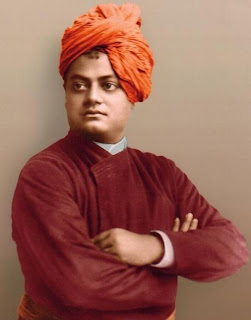Lessons Learnt During the Lockdown
In the last couple of months, for the first time in many years, the people of Delhi breathed fresh air! Thanks to the Covid-19 lockdown our overused lungs got a welcome break! T he chirping of birds replaced the horns and loud speakers.Delhi has also become less crowded. The Lockdown has given us time to reflect upon the changes that we need to make in our city so that we are better prepared for the future. It is time we take the Sustainable Development goals seriously. The Sustainable Development Goals (SDGs) set in 2015 by the United Nations General Assembly are a collection of 17 global goals . These goals have been designed to ensure a better and more sustainable future for all . The deadline that has been set to achieve these goals is 2030 . I recently completed a very interesting online capacity building program conducted through the CHALKLIT platform, called “Introducing United Nations Goals in Class”. It is high time that we incorporate these goals in some way or

